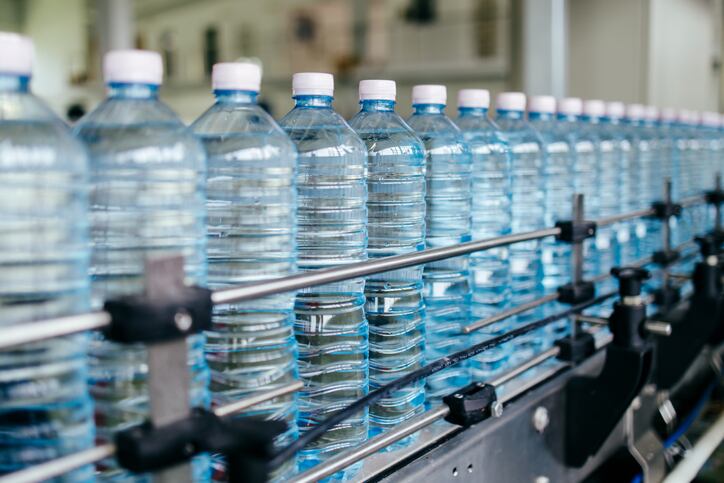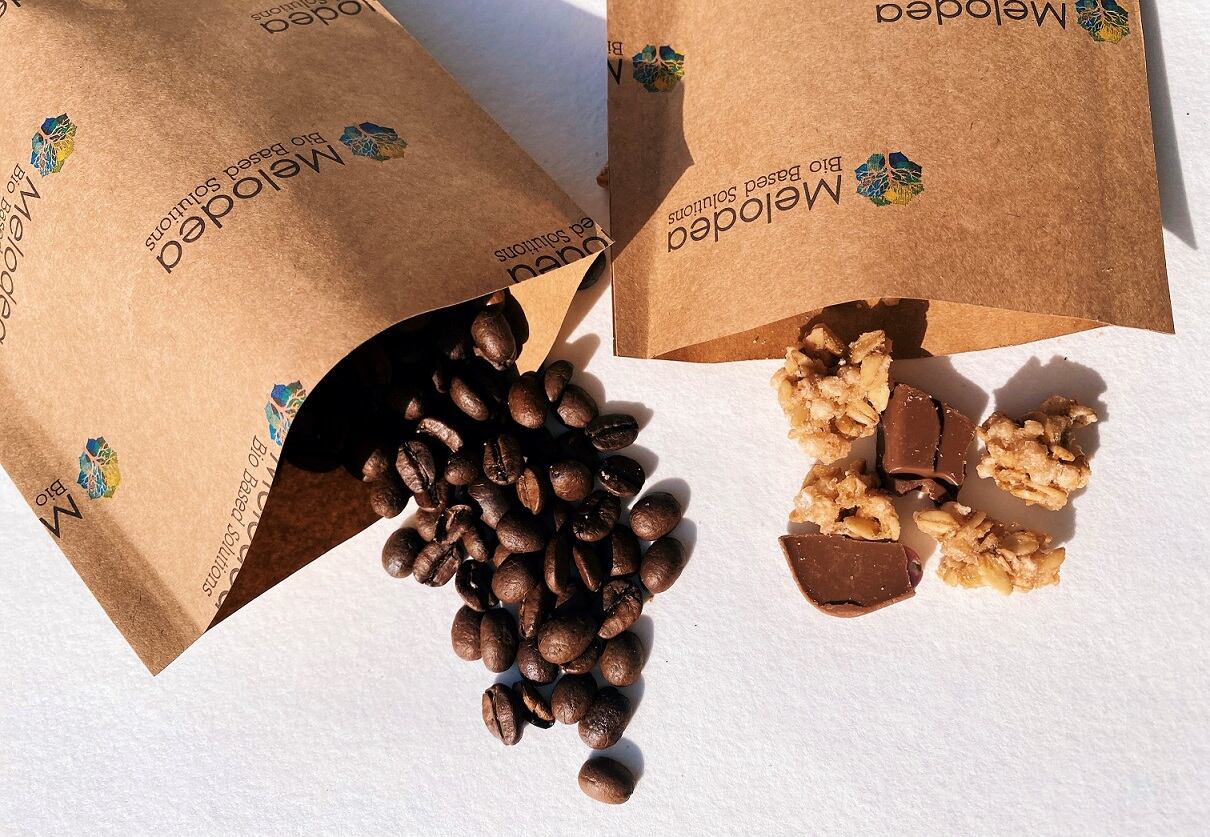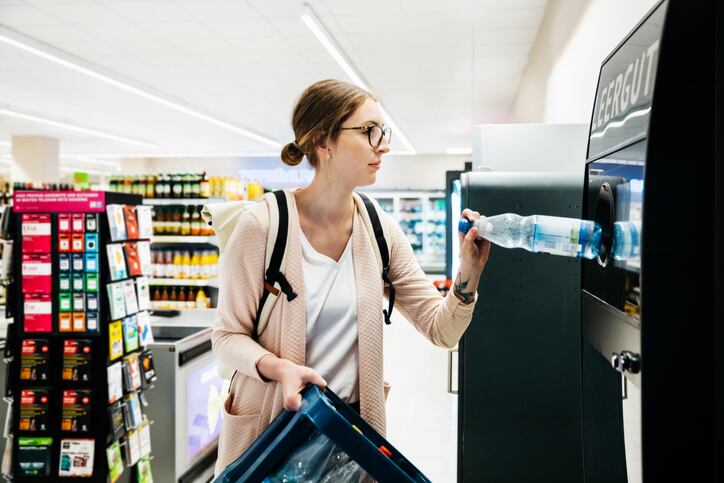“It’s one thing to have a plan to be plastic neutral — it’s an entirely different thing to execute on it,” said Venkatesh Kini, co-founder of Ubuntoo, the collaborative environmental solutions platform.
“Our Plastic Promises report is not just a scoreboard but a tool that allows companies to benchmark their progress toward plastic waste reduction and compare themselves against their industry peers.”
The inaugural report sets out to evaluate stated plastic packaging goals of 176 global corporations against actual progress in four categories: commitment to virgin plastic reduction, use of recycled content, packaging recyclability and recovery/collection.
Tracking progress
To produce the overall Plastic Packaging Score, Ubuntoo and data analytics firm Brandscapes Worldwide mined publicly available data on ambition and action towards these goals.
Companies were grouped by industry and volume of single-use plastic usage and then classified as low bar (strong action, modest goals), slow going (modest goals, low action), sustainability leaders (bold ambitions, on track) and off track (aggressive goals, not keeping pace).
“While many companies have defined recycled content goals, few have been able to make significant progress toward these goals,” Haley Randolph, operations manager at Ubuntoo, told Food Navigator-USA, noting that packaging recyclability and virgin plastic reduction were the most common goals across all companies.
In general, high plastic packaging users reported more goals and had higher action against these goals. Household products and beverage industries had the highest overall scores.
Keeping promises
The data covers the 2019-2020 reporting period, the year that many of these companies set goals. Although still early on, the timeline is short for keeping corporate promises like the Ellen MacArthur Foundation’s New Plastics Economy Global Commitment, which sets aggressive targets on plastics by 2025.
Of the top 10 plastic packaging sustainability leaders identified in the report, only three are headquartered in the US and include food giants Mars Incorporated and PepsiCo. Of the 95 companies classified as high plastic users based on their industry, 30 did not have any reported plastic sustainability goals, including Andersons, Archer Daniels Midland, CHS, Dean Foods, Land O’Lakes, Seaboard and Tyson Foods in the food industry.
“Food and beverage companies face a challenge achieving their recycled content goals as the amount of food-grade recycled content in the market is not enough to keep pace with demand,” Randolph noted.
She acknowledged that plastic “remains the best available packaging material to protect food and extend its shelf life” and the difficulties of finding promising alternatives at scale.
To improve their scores, she says that companies can increase their recycled packaging content but that they may have to become more involved with collection systems and recyclers to be able to generate enough supply of high-quality recycled content. Top scorers also looked at packaging goals more holistically instead of focusing on one brand or type of packaging.
And Ubuntoo will be watching: “As we get closer to the target year and companies report more achievements, we hope to see more differentiation between Sustainability Leaders that are reaching and exceeding their goals from those merely making empty promises,” the report states.




